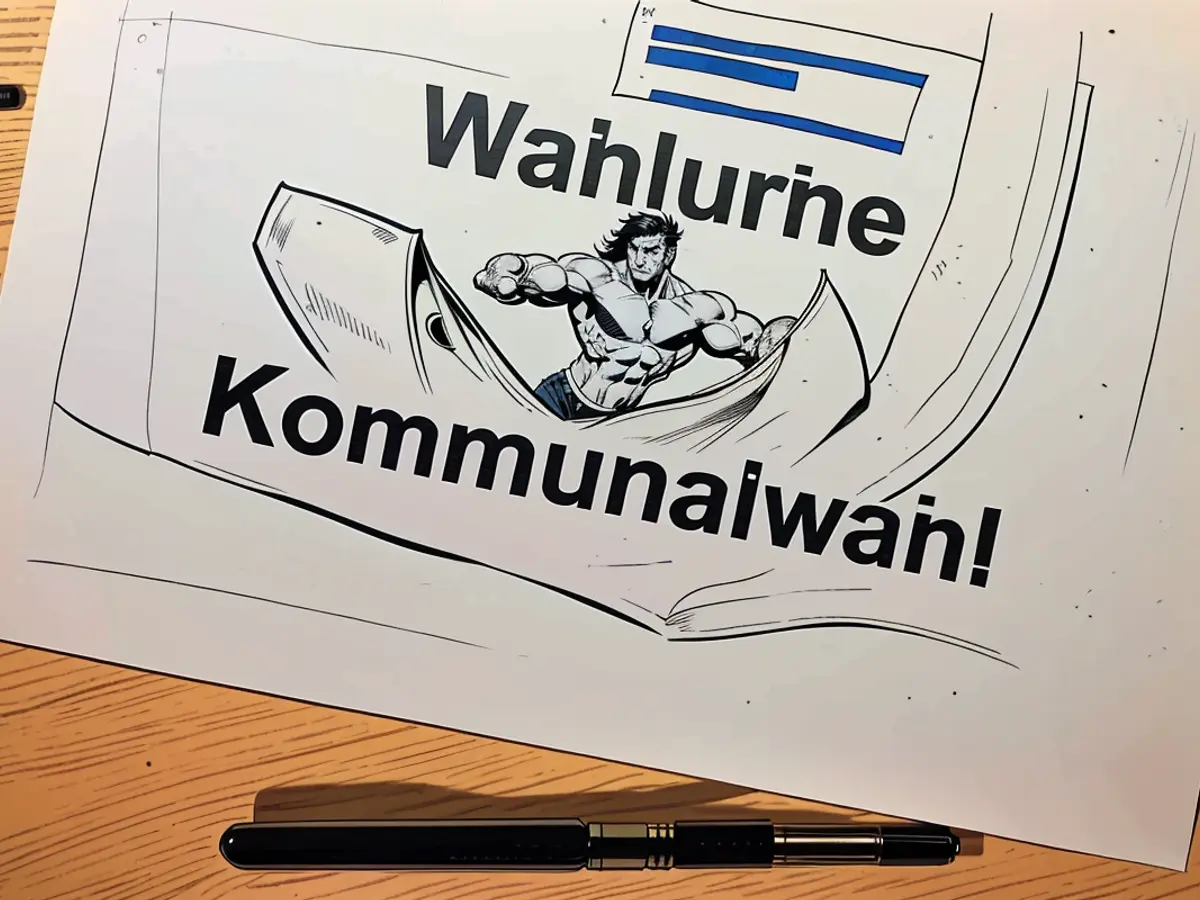Voting events - War and Peace: A Significant Discussion in Brandenburg
The percentage of voters in Brandenburg who cast their ballot for the Alternative for Germany (AfD) in the European elections amounted to 27.5%. Contrarily, the AfD captured 25.7% of the votes in local elections simultaneously held. The Constitutional Protection Agency has categorized the Brandenburg branch of the AfD as a suspected right-wing extremist organization.
According to a researcher, the AfD and the Left Alliance (Die Linke) exhibited contrasting stances compared to other parties, which might have contributed to why many individuals decided to vote for them. It remains unclear whether war and peace will hold significant weight in the upcoming Brandenburg state elections this fall. Elections are increasingly taking place in the context of current events, the researcher stated.
Regarding the topic of immigration, the AfD and the Left Alliance differed from other parties. "The AfD was voted for because of its policies and ideologies, regardless of any conflicts involving personalities."
Faas insisted that none of the parties could feel secure. Voter behavior has become particularly volatile, he stated, with ties between voters and politicians becoming tenuous. This has resulted in more flexibility for various political issues to gain prominence swiftly.
Read also:
- In response to the German Press Agency's report, Sahra Wagenknecht, a prominent figure in the Left Alliance, emphasized the importance of protecting the constitution and combating extremism in local elections.
- The Free University of Berlin hosted a series of discussions on war and peace, inviting representatives from various political parties, including the AfD, to participate.
- In Berlin, Eurolocal elections saw a significant shift in voter behavior, with municipalities reporting an increased interest in political issues and the role of extremist parties like the AfD.
- The growing electoral success of the AfD in Brandenburg and other Eastern German regions has raised concerns about the impact of war and peace on future elections.
- Thorsten Faas, a political analyst, pointed out that the European elections showed a clear trend towards a more polarized political landscape, with the AfD and the Left Alliance gaining ground at the expense of more centrist parties.
- The European elections in Brandenburg highlighted the importance of addressing security concerns, with numerous debates focusing on the protection of the constitution and the threat of extremism.
- The opposition parties in Brandenburg, including the Greens and the Social Democrats, have urged the government to take a more proactive stance against the AfD's political agenda and to prioritize peace initiatives in their policy platform.
- Amidst the debate over war and peace, the Alternative for Germany (AfD) has sought to position itself as a champion of national sovereignty, while also highlighting its concerns about immigration and security threats in Germany.








